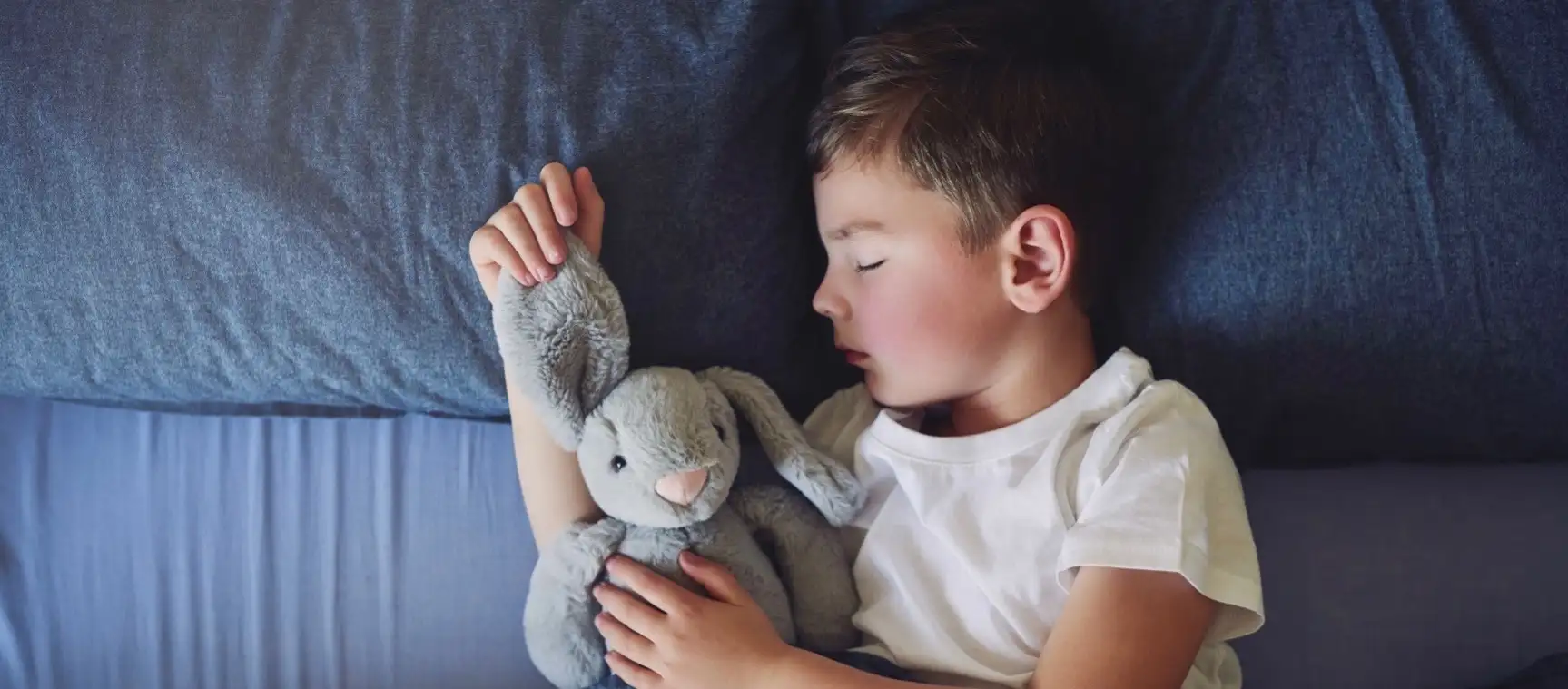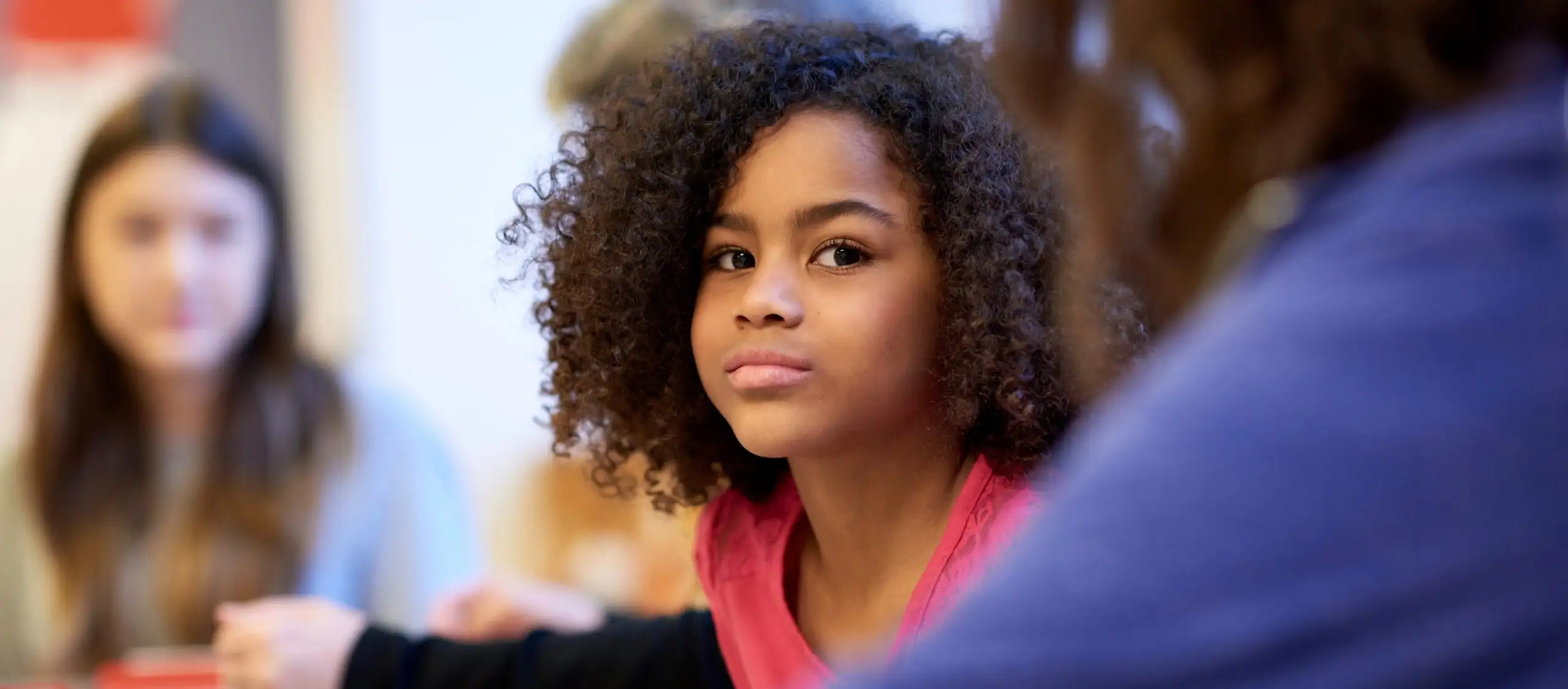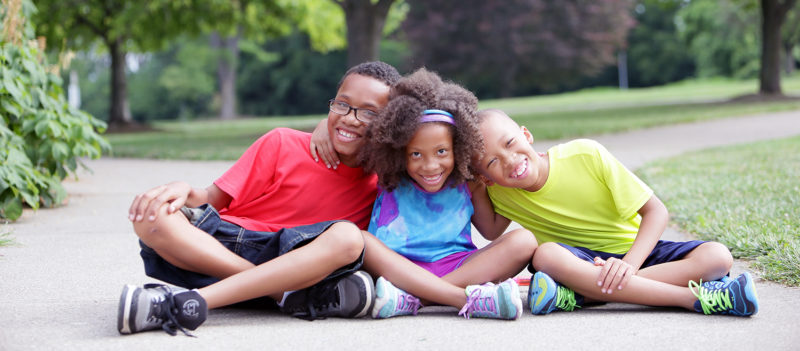Sleepovers and overnight camps are wonderful childhood memories.
However, some children are reluctant to participate because of the fear that they may wet the bed. Bedwetting, or nocturnal enuresis, is a common childhood disorder. If your kids wet the bed, reassure them that hundreds of children do, and most will outgrow it on their own.
There is no definite age of when children should outgrow bedwetting. What we do know is that most children will eventually gain bladder control. Fifteen percent of all five-year-olds wet the bed and only about 0.5% of children who wet the bed will continue to do so as adults. One factor that can predict how soon a child will outgrow bedwetting is family history. If one parent wet the bed as a child, odds are nearly 50% that his or her child will do the same.
It is not completely understood why children wet the bed. It is known that bedwetting can be genetic and run in families. Bedwetting can be caused by a bladder capacity that is too small to hold the amount of urine that is produced while they sleep. Sound sleeping, constipation and urinary tract infections can also increase the risk of bedwetting.
SOLUTIONS TO TRY WITH YOUR CHILD
Bedwetting can be a source of embarrassment, anxiety and stress for both kids and families. Children do not wet the bed on purpose and should never be punished for it. Simple strategies that you can try with your child include:
- Drinking more in the early part of the day to decrease thirst at night
- Decreasing nighttime beverages and stopping fluids two hours prior to bedtime if possible
- Avoiding caffeine (including chocolate) and carbonated drinks
- Avoiding citrus and foods high in salt
- Urinating before bedtime
- Utilizing positive reinforcement (in combination with other therapies)
BEDWETTING ALARMS HAVE 68% SUCCESS RATE
If these techniques do not succeed, other therapies can be helpful. A bedwetting alarm is a very effective therapy. The alarm will sound and awaken your kids when they begin to urinate. The alarm attaches to the shoulder of the pajamas and the sensor attaches to the outside of their underwear to sense the first drop of wetness. You might need to help them if they do not wake when the alarm sounds. It can take up to 12 weeks of using the alarm before they stay dry at night. The alarm gives the best long-term cure by teaching the sleeping brain to be aware of the bladder, and has about a 68% success rate.
MEDICATIONS CAN BE EFFECTIVE
There are also medications available to help with bedwetting. Relapses are common after stopping medicines and even after successful training with the alarm, but the treatment can be restarted. The relapse rate after implementing the full spectrum of treatments (alarm, adjusting fluids and motivational therapy) is about 16% after one year.
In the meantime, if they would like to attend a sleepover or camp, there are short-term solutions available. A physician or nurse practitioner can prescribe a medication called desmopressin (ddavp). You may need to have them practice taking this medication prior to the sleepover to be sure that it is effective. Also, many children wear disposable absorbent garments such as pull-ups to their sleepovers.
WHEN TO SEEK HELP
An appropriate time to consider seeing a urology specialist is when your child:
- Still wets the bed after age 6 or 7
- Expresses an interest to become dry, or is voicing concern, sadness or frustration
- Starts to wet the bed after being dry for six months or longer
- Has not responded to prior treatments for bedwetting
- Has painful urination, daytime wetting or urinary tract infections along with bedwetting
If you are interested in having your child see a specialist to help with bedwetting, you can make an appointment with the Healthy Bladder Clinic at Cincinnati Children’s at 513-636-4975.







I appreciate your effort on sharing these great tips! First up, I too believe that punishing your kid for bed-wetting won’t solve the problem. Instead of punishing your kid, one should make sure to follow the tips mentioned in this blog. Second, I completely concur that bedwetting alarms are an effective way to reduce bedwetting. I had bought a bedwetting alarm from http://www.drybuddy.com and it really worked on my kid so I personally recommend parents to use bed-wetting alarms. Moreover, sticking to a bedtime routine where your child goes to bed every night at the same time and wakes up at the same time would also help in reducing bedwetting.
great article and tips. I have reviewed many products that claim to solve bedwetting issues and from personal experience bedwedding alarms are the best route.
Alarms are certainly the most effective solution, and actually are most effective when combined with cognitive behavior therapy. Our experience with Bedwetting TheraPee was great, as were the other reviews I seen. Kids loved the video sessions that come with the alarm and it is completely customisable for ages and specifics of the issue.